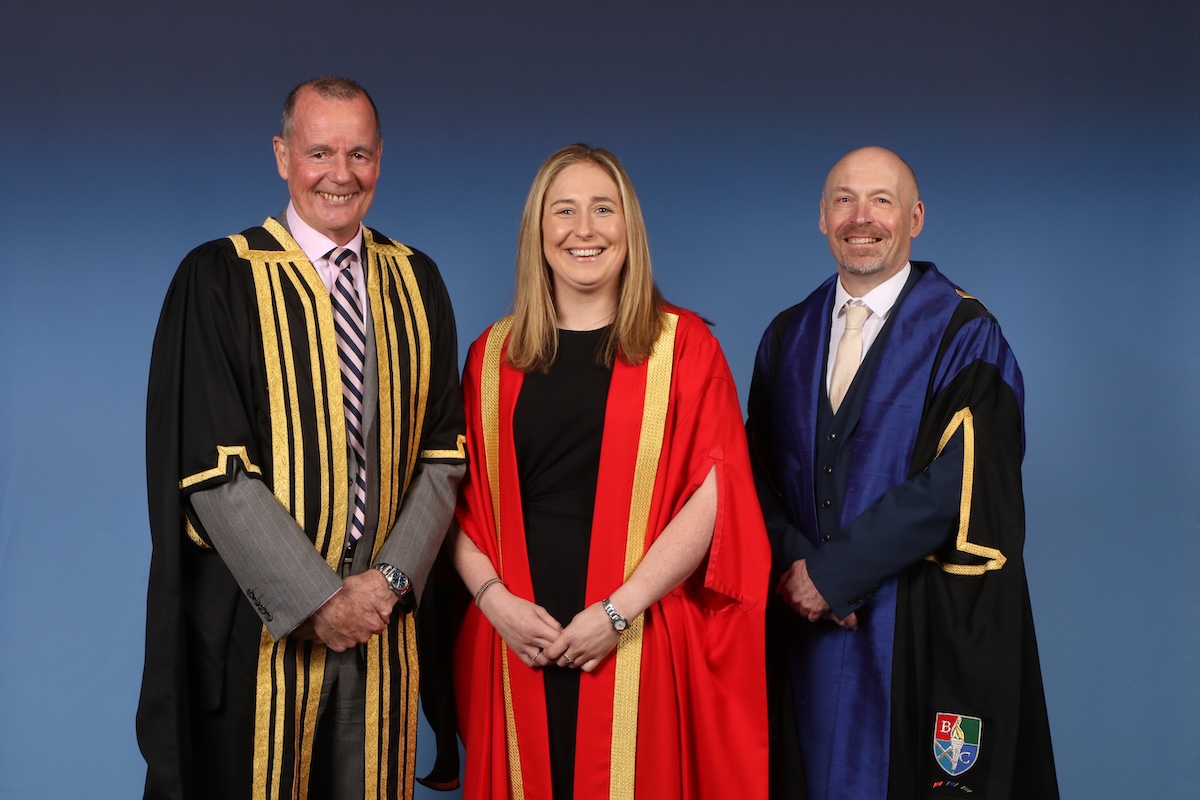Less than a third of young people told about alternatives to degrees at school

Less than a third of young people told about alternatives to degrees at school
- 18-24-year-olds the least satisfied with their schools’ career advice of any age group
- 42% of people say their degree has not been essential to their career
- Up to £9.6bn could be being wasted annually on tuition fees due to lack of education on other options
New research by AAT (Association of Accounting Technicians) has revealed that not enough is being done to educate young people about alternatives to university – meaning billions could be being wasted on tuition fees each year as a result.
The nationally representative study of 2,000 people found that only 29% of 18-24-year-olds said that they heard about alternatives to degrees, such as apprenticeships, while at school, and more than half (53%) think there should be more resources available to help people learn about them.
As a consequence, misconceptions and apprehensions about apprenticeships are commonplace: the research showed that 41% of 18-24-year-olds believe that apprenticeships don’t pay enough, and 34% think that they are only available for manual labour jobs. Meanwhile, only 36% see them as a good alternative to university and just 40% are aware that apprenticeships enable people to earn whilst they learn.
At the same time, the research revealed that 42% of people aged 21-45 believe their degree has not played an essential role in their careers to date, and 16% of all people with degrees wish that they had chosen a different route. This figure rose to 20% of those aged up to 24 years – the highest amongst any age group – suggesting that the 2012 tuition fee increase and ongoing impact of the Covid-19 pandemic on in-person teaching are contributing to growing regret around the decision to attend university.
With around 1.8 million undergraduate students in the UK, each paying up to £9,250 each year, this equates to more than £9.6bn being potentially wasted on degree courses annually.
When asked about the careers advice they received at school, 18–24-year-olds were 28% more likely than average to say that the advice was focused on careers after university, with 41% agreeing with this statement.
Interestingly, 18–24-year-olds were also the least likely to say that they had found it useful (28%). Those aged 65 and over were the most likely to say they had found it useful (42%), with the number steadily decreasing with age.
Throughout the early 2000s, careers advice in schools was delivered by the governmental information, advice, guidance and support service, Connexions. However, following public spending cuts under the Coalition Government, the careers element of the Connexions service was dismantled and devolved to individual schools in 2012, meaning there is currently no requirement for standardised careers advice for those aged 13-19.
Commenting on the research, Anthony Clarke, Business Development Manager, AAT, said: “Our research paints an interesting picture of the careers advice being given to young people. Although we might think that information is widely available about different options including apprenticeships, this data would suggest that many schools are still pushing students towards university, and perhaps even more so than in previous decades.
“While university is of course the right path for some people, with tuition fees now so high and the changing provision of university education such as shifts towards blended learning, it is certainly not a decision to be taken lightly. It’s important for everyone to know that alternative options for qualifications are available, and that student debt isn’t an inevitable accompaniment to successful professional careers.
“It’s often the case that apprentices find spending three years spent in the workplace, working with and learning from experienced professionals, coupled with the opportunity to gain professional qualifications, is of greater benefit to their future careers than going to university.
“Apprenticeships offer a fantastic way into many different careers and sectors, with the opportunity to earn while you learn. It’s a real shame that a fifth of people are left regretting their higher education choices when this could have potentially been avoided with access to better or more tailored careers advice.”
Former AAT apprentice, Ben Boutwood, said: “I left school when I was 18 in 2014, and almost felt like I had no direction. My school were pushing for people to go to university; however, I knew it wasn’t my calling. I was keen to get into work early, get a skill under my belt, and train alongside working so I could earn some money, and learn on-the-job. However, I didn’t know what that was at the time!
“I applied for a job as a trainee accountant with a local firm that was hiring a junior team member, and in September 2014 began full-time work. In September 2015, I enrolled in Level 3 AAT at a local college, completed Level 3 by the summer of 2016, and then by 2018 I was well on my way to completing my Level 4 AAT. I have now been an AAT full member (MAAT) for several years, and I’m still working in the same firm.
“Apprenticeships are a great way to start a career in finance, simply because the nature of the job is very hands-on. Although you can learn a lot by sitting in a classroom, nothing will equip you better, faster and more readily than experiencing it first-hand. So much of what I learned at college was directly reinforced by my day-to-day work, and vice versa.
“An apprenticeship appealed to me for a couple of reasons. Firstly, the financial burden of a student loan terrified me, so it helped that I could earn a salary and have my training paid for. Secondly, I really didn’t want to wait three or four years for my career to start; I left school and started my career in a few months.
“My advice would be not just to go to university because that is what your friends, family or school want you to do. Sit down, and seriously think about what is right for you, and only you. I was one of five people who didn’t go to university in my school year, and it was tough going against the grain, but I knew it wasn’t right for me.
“I would encourage anyone who is unsure about what to do to consider the AAT apprentice route. It worked wonders for me and I am very happy with my career path, progression, as well as all the invaluable skills I have picked up along the way.”











Responses